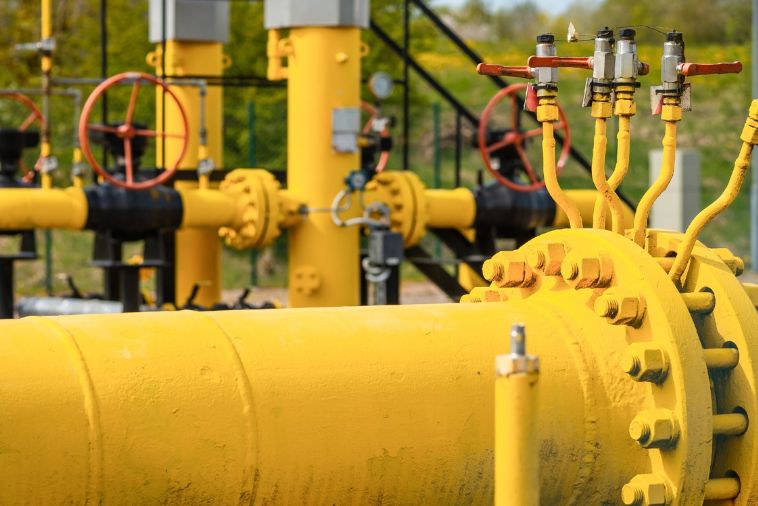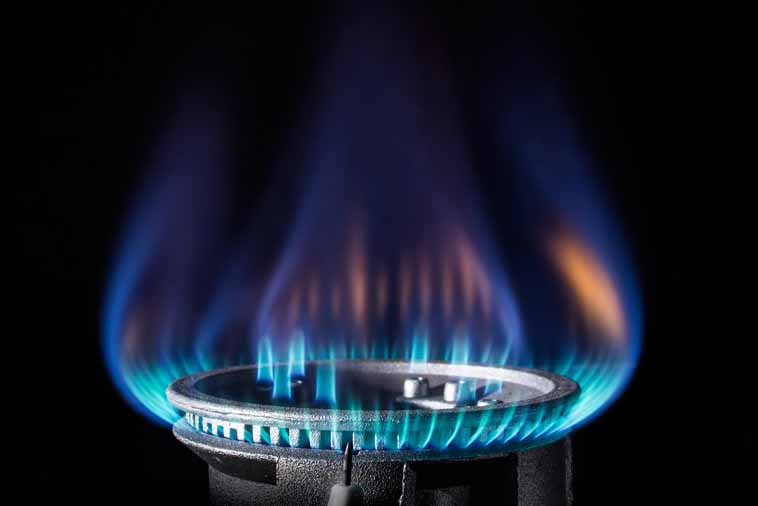Under our feet is a complex network of gas pipes stretching 176,000 miles and serving 85% of our homes. It has been built and maintained over many decades, costing billions of pounds, and its future is now becoming a hot topic for policymakers and all the different participants in the energy industry.
To meet Net Zero, households and industry users are going to have to stop burning natural gas as an energy source; however, what replaces it is currently being fiercely debated. The National Infrastructure Commission has recently published its 2nd 5 yearly report on Britain’s infrastructure (Second National Infrastructure Assessment – NIC), and as part of this report regarding the ambition to reach net zero and the challenge of weaning ourselves off fossil fuels, supported the adoption of heat pumps and questioned the validity of hydrogen to be used as a source of fuel for heating. Part of the calculations of this announcement surrounds the future of the existing gas network.
Costs and the role of hydrogen
To help inform this announcement, Arup were tasked with drawing up a report (Report (nic.org.uk)) for the National Infrastructure Commission and Ofgem to specifically look at the future of the gas network. They looked at the high-level costs involved in the transition of the network out to 2050 with the varying levels of hydrogen being introduced into the system.
Some of the many factors at play are, of course, the cost but also the ability to meet carbon reduction budgets, consumer’s acceptability of the solution, requirements to balance low carbon energy system delivery models and the benefits to the GB economy as a whole.
Cost outcomes range from £46bn to £70bn. The cost to each individual household will be more than £1,000 whether they are being switched to hydrogen or just being cutoff; however, there is so much uncertainty and great sensitivity on these costs, particularly as a lot of the decommissioning cost is being scheduled for the period 2040-2050 which is a long way in the future and for the purposes of the report had to be fitted into the timeframe before 2050. Expectations would be that some of this work would not take place until way beyond 2050.
What happens to the pipes?
In whatever route GB takes to decarbonise, it is widely accepted there should be a future for parts of the gas network to provide natural gas, biomethane and hydrogen for some power stations and heavy industry and also possibly to take carbon dioxide away as part of carbon capture schemes. There will also probably be some other more sticky parts of the economy which, with the technology available today, and even in the future, that can’t find an alternative suitable source of energy required to continue to operate in the same way and could need to continue to rely on natural gas or hydrogen.
However, even in the most optimistic hydrogen scenario, there will be parts of the network which will need to be decommissioned. What happens to the pipelines and infrastructure currently underground? There is the danger of collapse/subsidence and environmental risks due to water ingress if they are just left following removal of the natural gas currently held in them. One solution of dealing with this is filling the pipes over a certain diameter with grout. There is, however, a lack of knowledge and huge uncertainty about doing this at scale. Another important factor is the issue of renumeration for the Gas Distribution Networks. There is little doubt that the network companies will want compensating for billions invested in dead assets.
Can the network be used for something else? Maybe water supply or channels for fibre cables? This does raise the spectre of legal challenges for the network being used for anything else outside of transporting gas, relating to the conditions of wayleave agreements in place. There is also talk of the creation of a specialist entity that would carry the ongoing obligation to monitor the status of the decommissioned assets that have been left in situ, and own the liability associated with any residual infrastructure.
It is fair to say that the scale of the problem we are trying to meet is huge with great uncertainty across the board.
What do people think about the future of the gas network in this country, and how should it be funded and managed?
At Engage, we are energy industry experts. Please get in touch to talk about how we can work together.
















